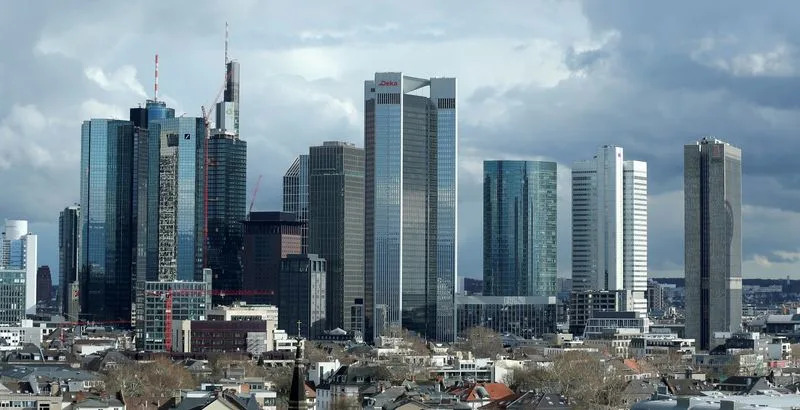German companies expect only a mild recession next year, despite headwinds from the energy crisis, raw material shortages and a moderately dynamic global economy, a survey of leading trade associations published by Reuters showed on Tuesday.
“The last quarter of 2022 and the beginning of 2023 are likely to be accompanied by a decline in economic activity,” said Siegfried Russwurm, president of the Federation of German Industries (BDI). “However, we expect only a slight drop.”
There are growing signs that the German economy could avoid the worst of an economic downturn caused by the collapse of energy supplies from Russia after the invasion of Ukraine.
Inflation eased slightly to 11.3% in November, from 11.6% the previous month, due to lower energy prices. The German government has predicted that the economy will grow 1.4% this year and contract 0.4% next.
Russwurm warned that growth would remain subdued through 2024 as weak demand around the world weighs on Germany’s export-dependent economy.
The Association of German Chambers of Industry and Commerce (DIHK) said there were many signs that supply chain disruptions were gradually easing.
“Container freight rates are back to normal in the long term, and congestion abroad at international ports is slowly easing,” said Peter Adrian, Chairman of the DIHK.
“If the announced relaxations of China’s ‘zero COVID’ strategy are implemented, it would also be a positive sign for global supply chains,” he added.
However, the DIHK warned that rising energy prices and easing consumer confidence continued to cloud the outlook for 2023.
The ZDH craftsmen’s association issued a similar message to the DIHK, stating that far fewer orders will arrive next year.
“The order book will sustain us until the beginning of spring, but there are many question marks for later,” said Holger Schwannecke, general secretary of the ZDH.
The German Wholesale, Foreign and Service Trade Association (BGA) stated that the situation remains robust in many sectors of the economy. “But we carry negative expectations from one month to the next, the depth and breadth of which have not yet been realized,” BGA Chairman Dirk Jandura said.
He was confident that companies will resume a more encouraging path throughout the spring.

